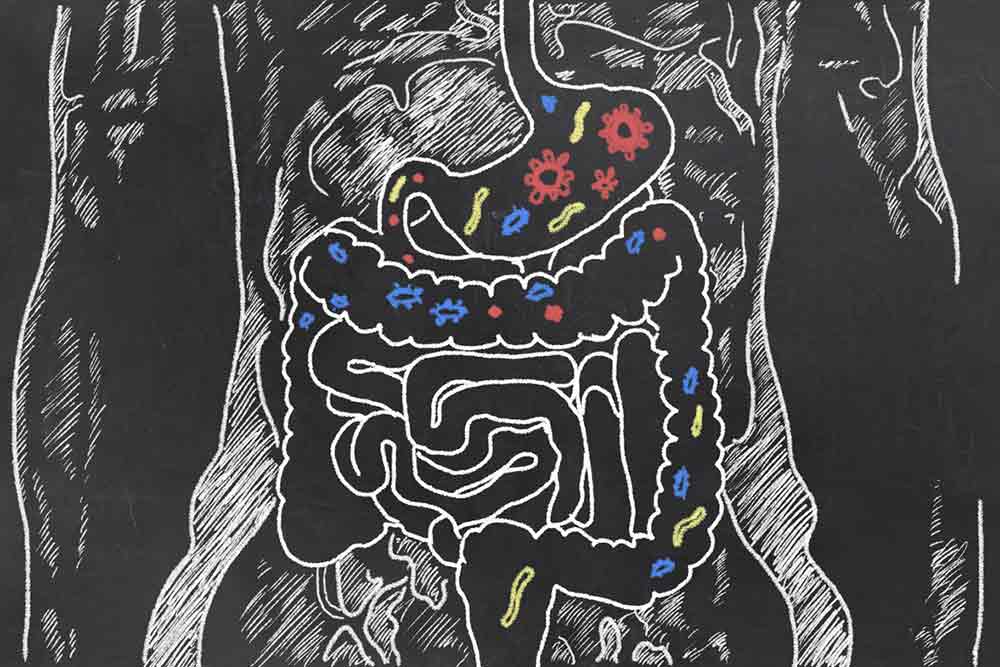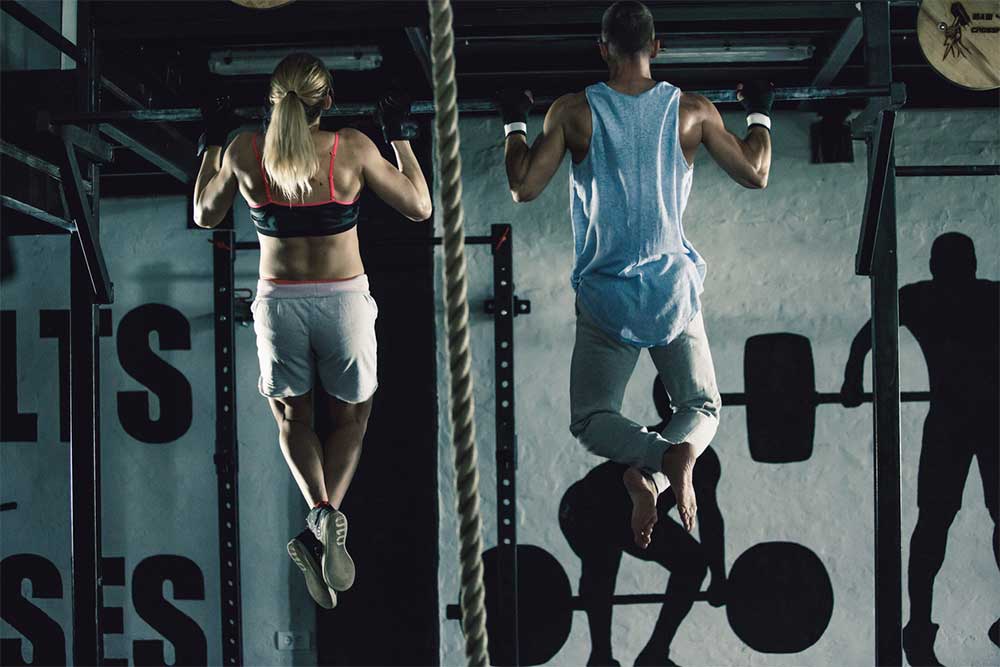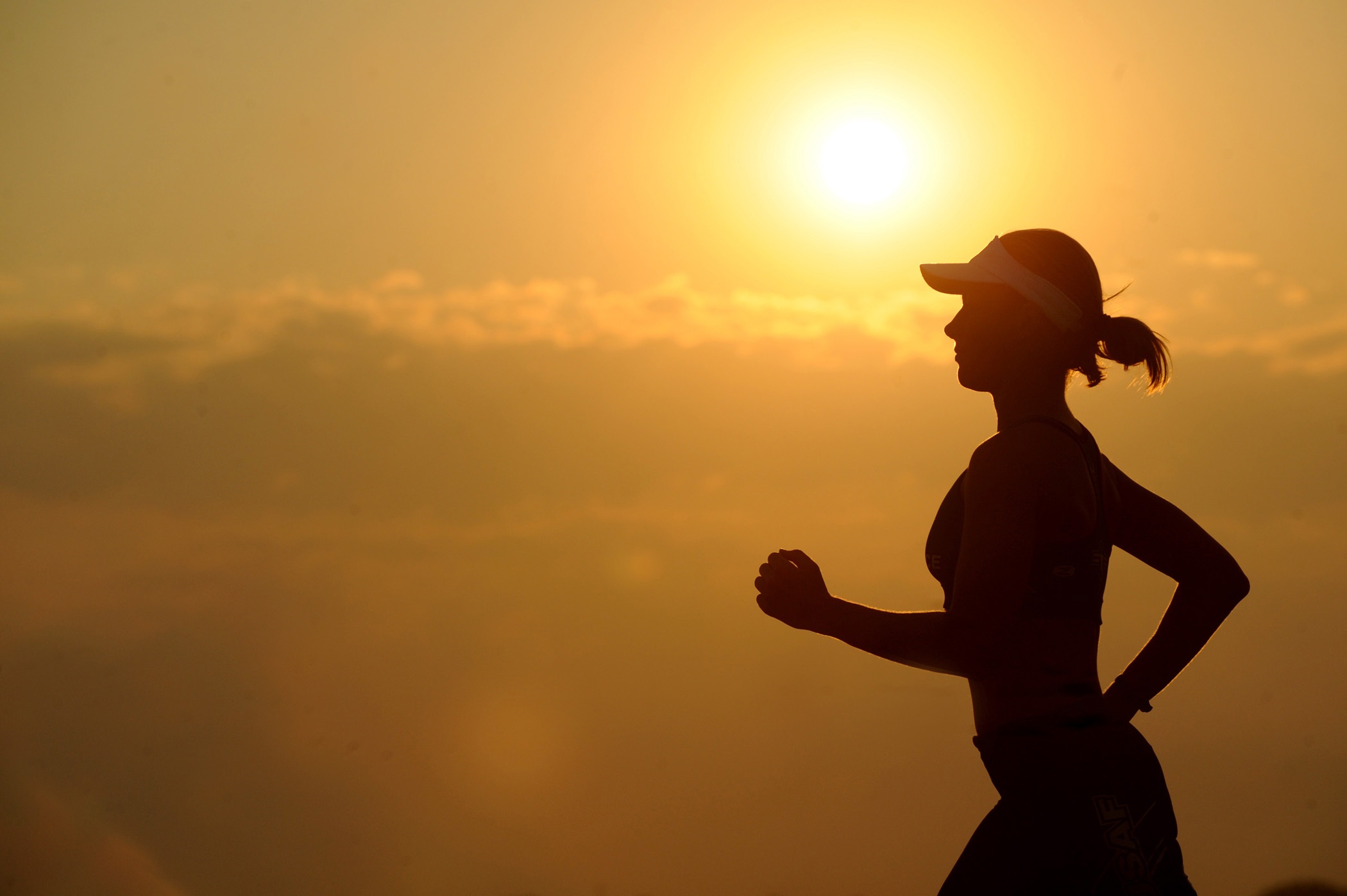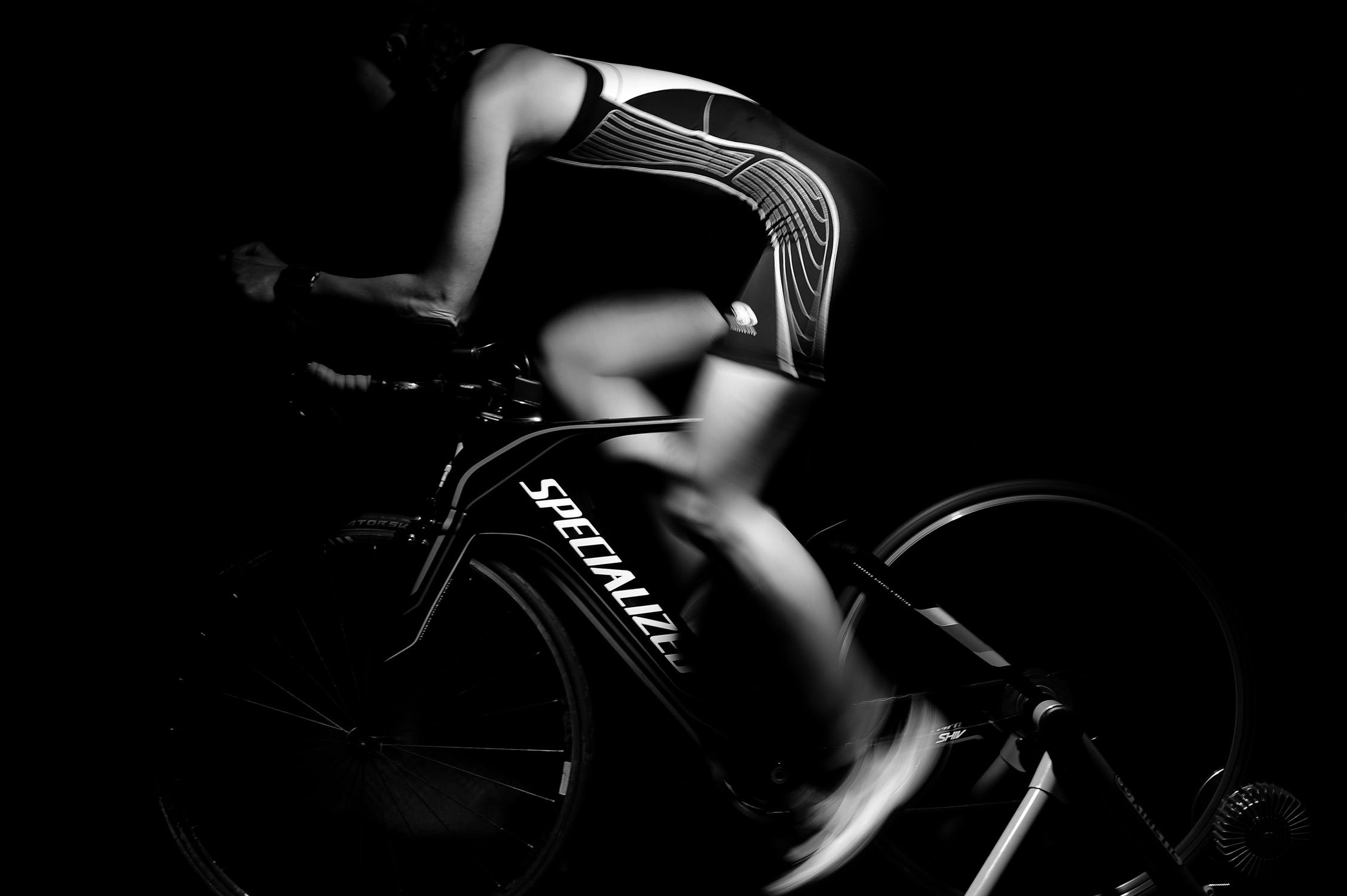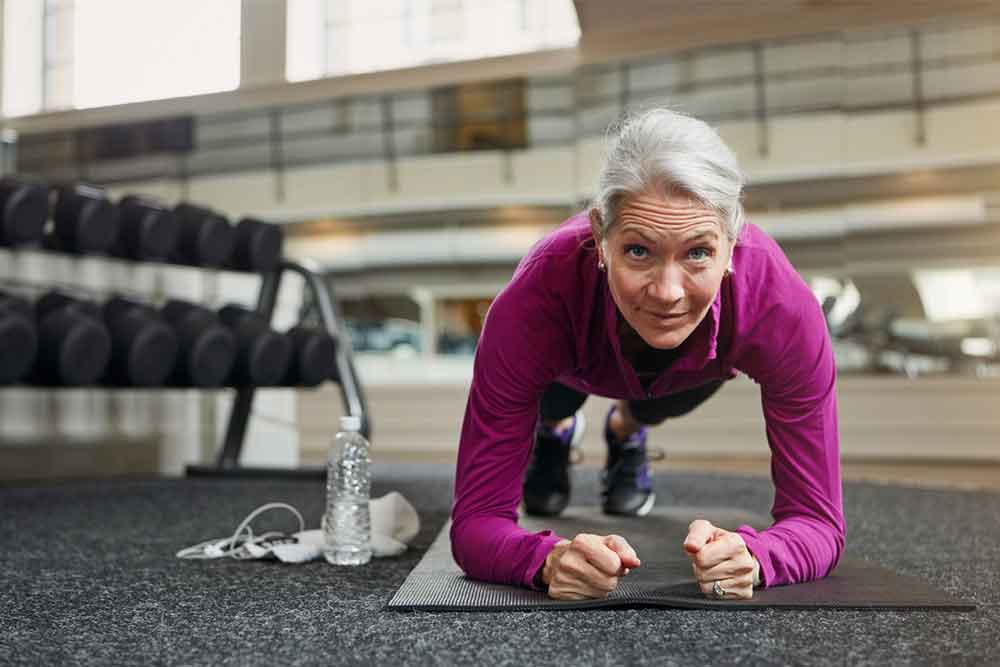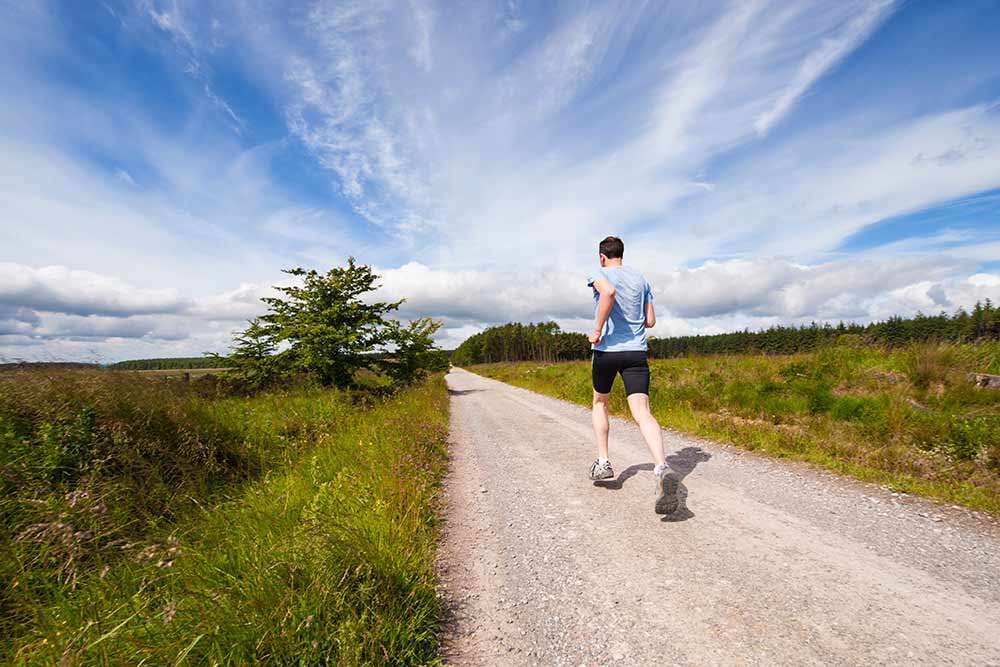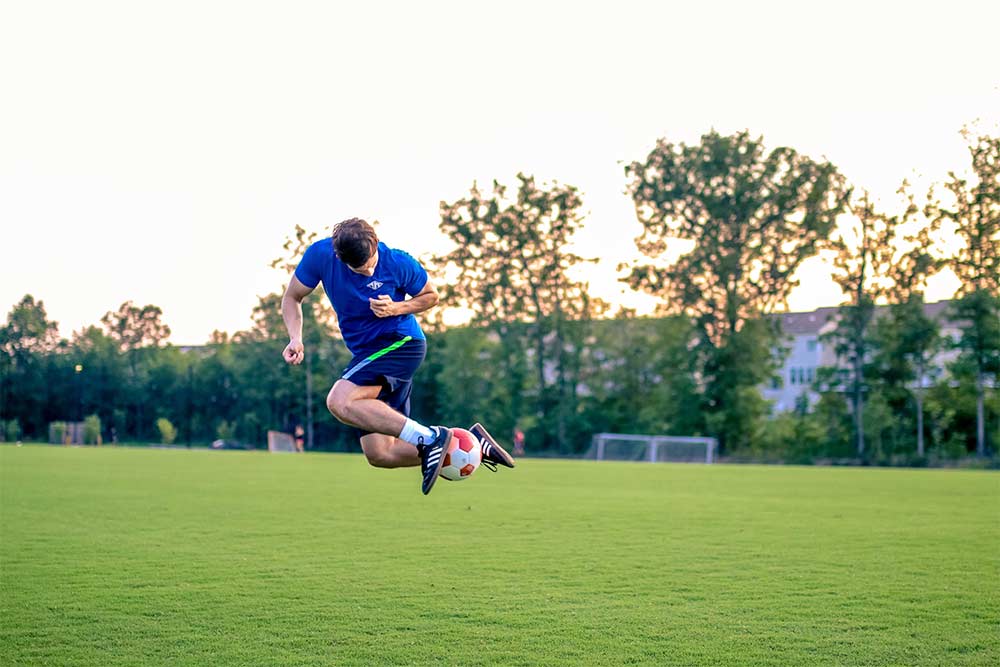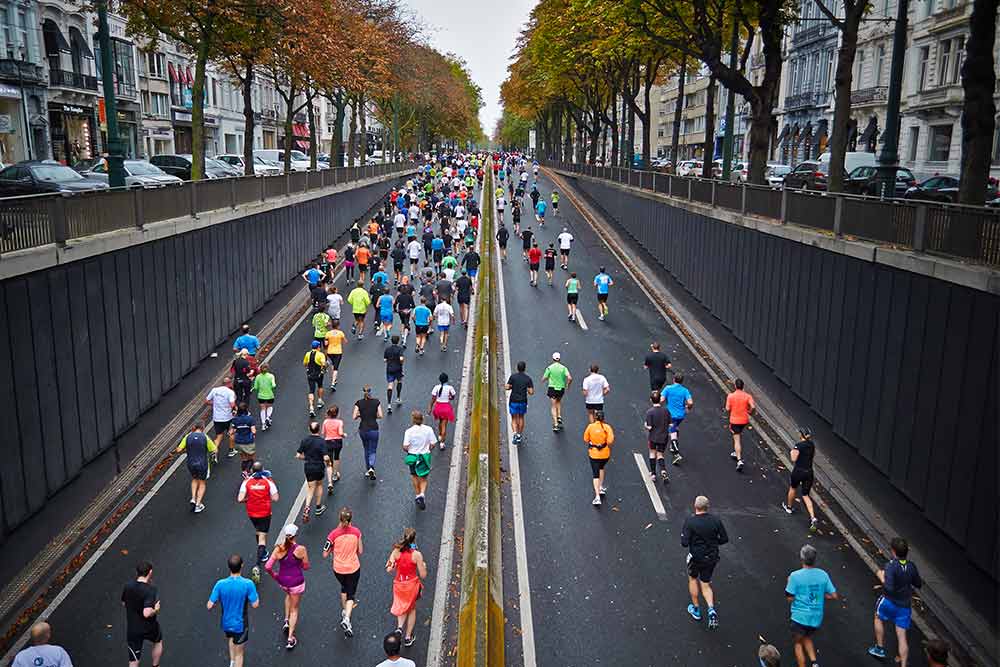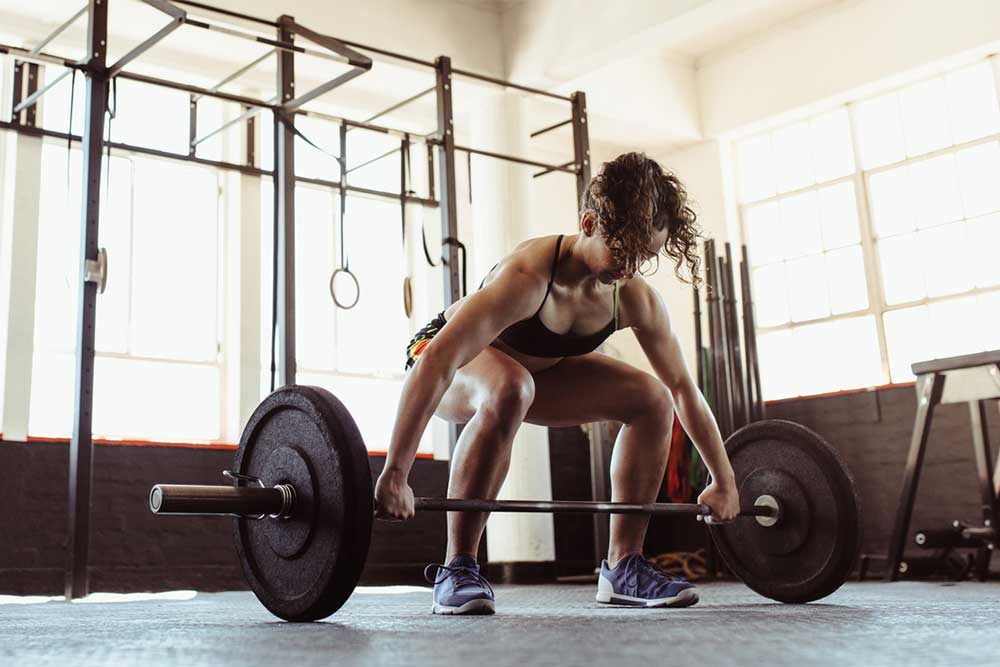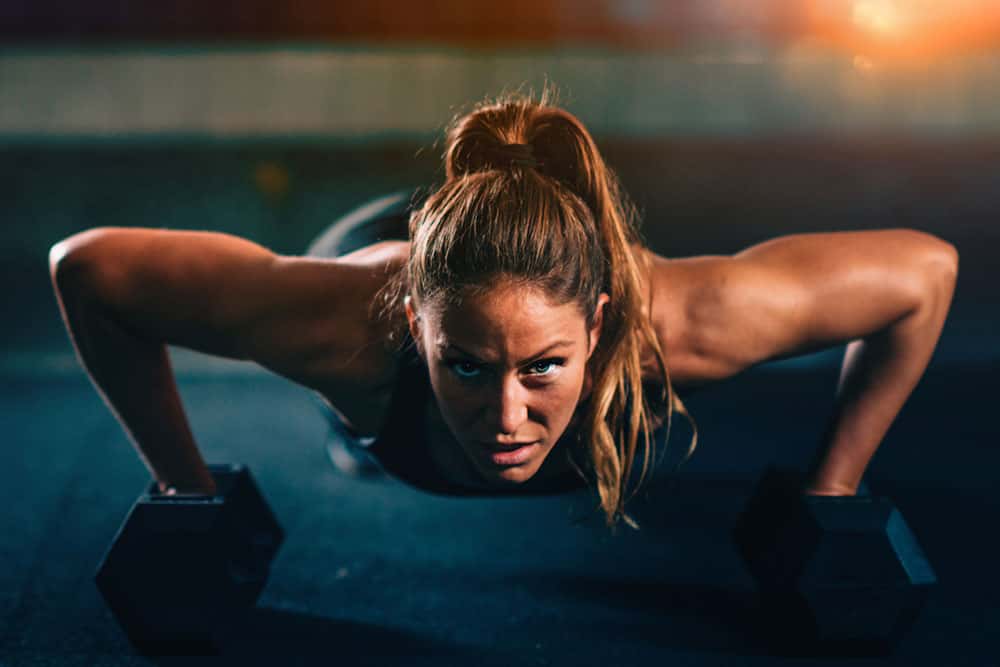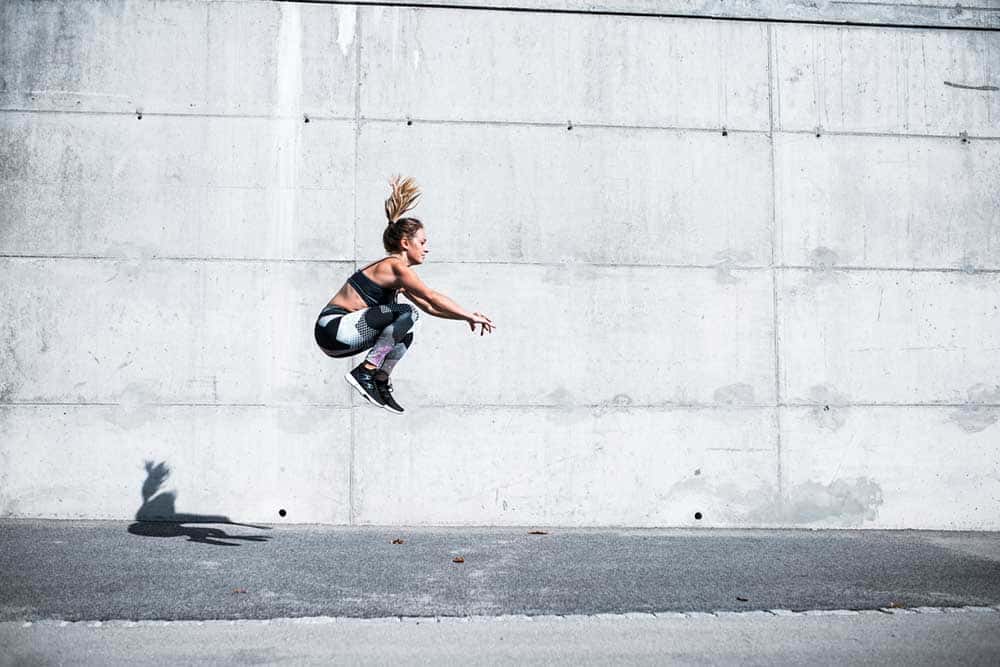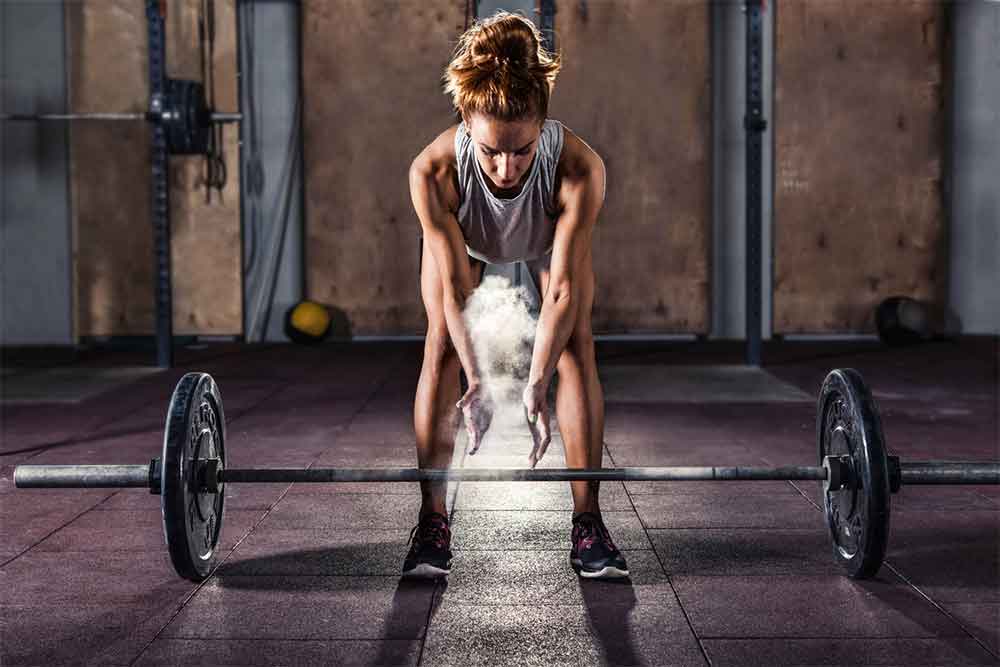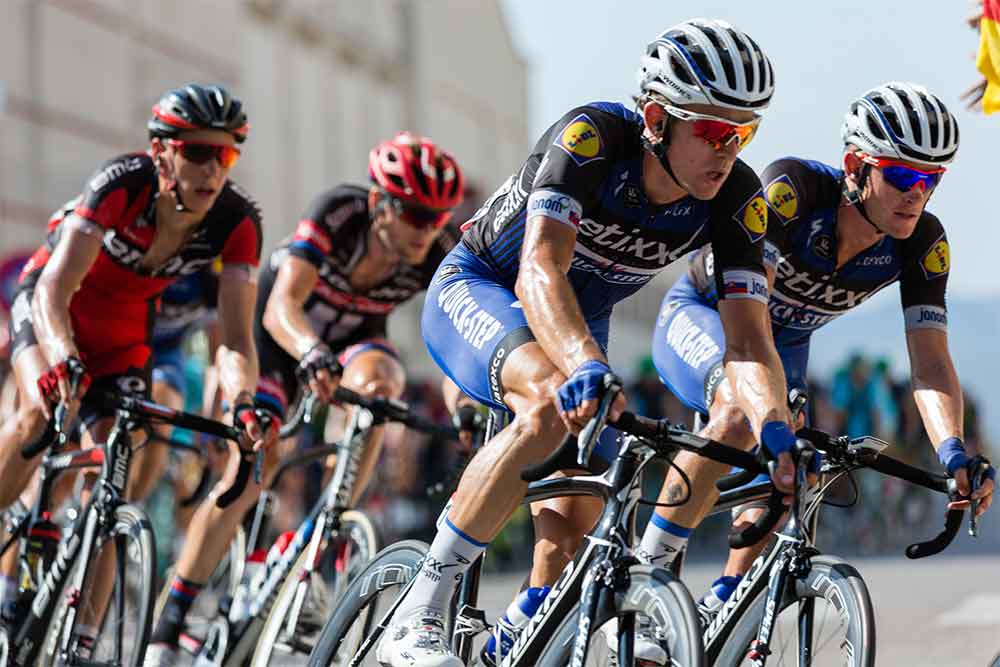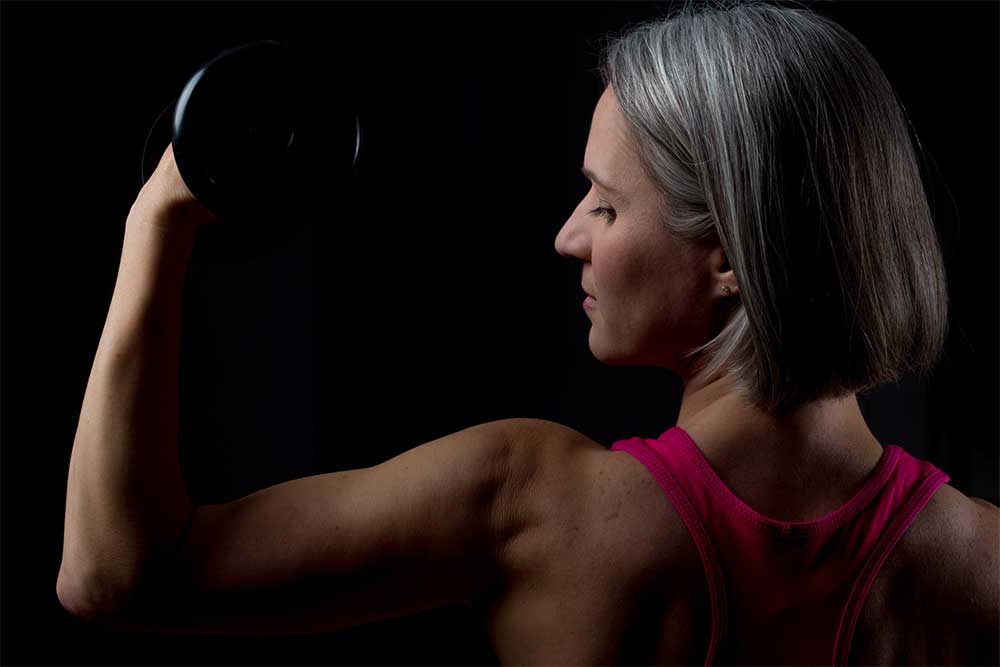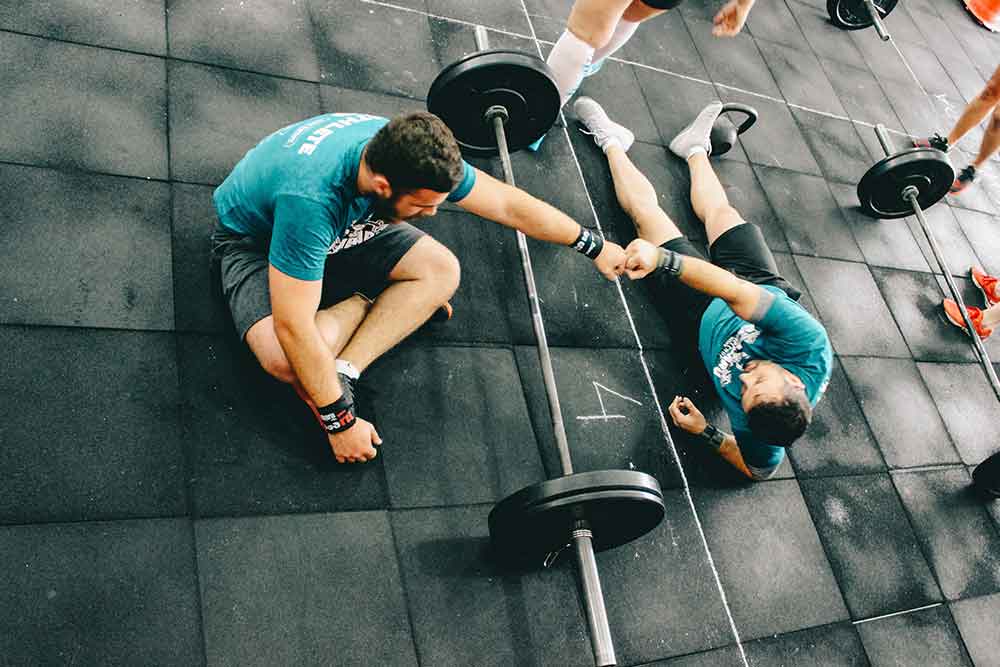Exposure to Sunshine May Alter Your Metabolism
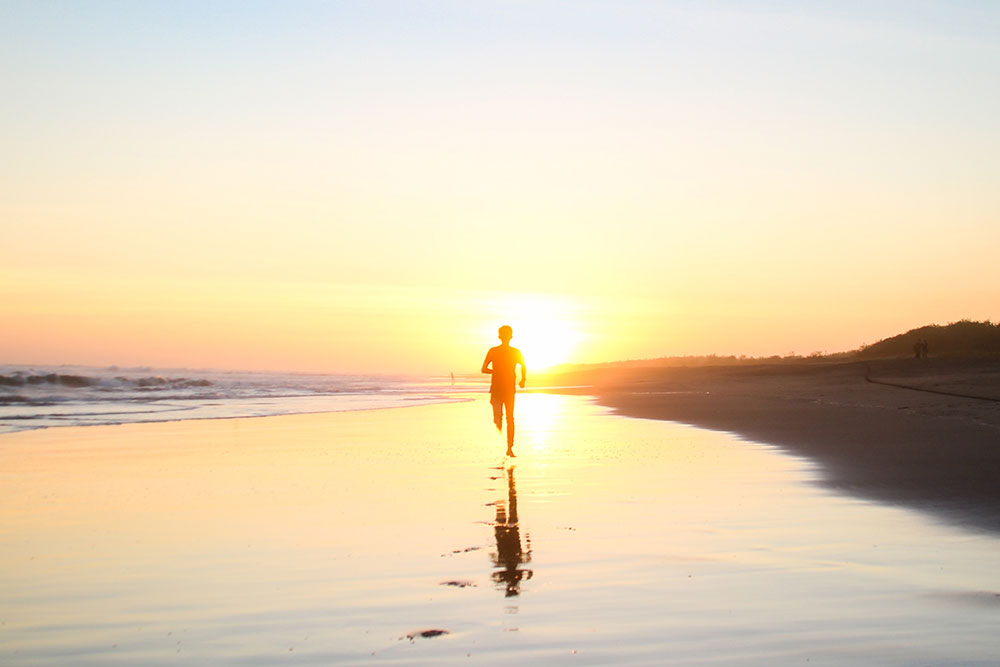
Evan Stevens
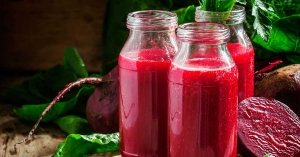 When I was younger and first starting out on my nutrition journey, I was very much in favor of taking all my vitamins and minerals in pill form. It was quick, easy, and it allowed me to not worry too much about the food I was or wasn’t eating while I was away, running varsity track and field at university. Since then, as I’ve learned and grown, I’ve come to the realization that the isolated micronutrient just isn’t enough to capture the complex nature of the food it comes from. The only pill I still take is a vitamin D pill; living in Canada means that there will sometimes be literal months before I see the sun in the winter. Being able to bottle sunshine is still something I hope for.
When I was younger and first starting out on my nutrition journey, I was very much in favor of taking all my vitamins and minerals in pill form. It was quick, easy, and it allowed me to not worry too much about the food I was or wasn’t eating while I was away, running varsity track and field at university. Since then, as I’ve learned and grown, I’ve come to the realization that the isolated micronutrient just isn’t enough to capture the complex nature of the food it comes from. The only pill I still take is a vitamin D pill; living in Canada means that there will sometimes be literal months before I see the sun in the winter. Being able to bottle sunshine is still something I hope for.
New research suggests that real sunshine will do more for you than just improve your vitamin D status, however. A very interesting study published in the European Journal of Applied Physiology suggests that exposure to sunshine can alter your metabolism. Specifically, the researchers looked at how sunshine can also affect levels of nitric oxide (NO) in the body, which has interesting implications for sports and performance.
Related Article: Athletes May Be Suffering From Vitamin D Deficiency
Nitric Oxide
Nitric Oxide has long been studied as an ergogenic aid, especially in endurance sports. It is a naturally occurring gas in the body, formed when the body metabolizes nitrates, and acts as a messenger between cells. NO’s main use in sport is to dilate blood vessels to improve blood flow. More blood flow means that more oxygen and nutrients are getting to the muscles to help them work harder, for longer. NO has also been shown to stimulate red blood cell production, capillary production, and glucose uptake too (to a lesser extent than its contractile ability however), which all can aid in performance. Essentially, nitrate supplementation makes us more efficient.
We’ve looked at NO before at Forever Fit Science in an article about Beet Root juice. Beets are high in nitrates, which is why there is a lot of studies done on the ergogenic effect of beet juice supplementation in longer bouts of exercise.
Related Article: Pump Up Your Performance With Beet Root Juice!
The Study
This newest study looked at how sunshine may induce NO production through the use of “sunshine.” The study involved shining two different doses of ultraviolet light (UVA between 315 and 400 nanometers in wavelength) on 10 subjects and then measuring the effect on blood pressure, metabolic rate, and circulating levels of nitrite and nitrate.
Previous studies have shown that the skin has high levels of nitrite, which forms nitrate when oxidized, and forms NO when metabolized. This study aimed to see how UV light reacting with the skin altered NO in our body because of the stored nitrite there.
The Results
The two doses used were 10 and 20 joules per square centimeter, with the higher dose being the equivalent of roughly 30 minutes exposure to Mediterranean summer sunlight. The researchers found that both doses significantly lowered metabolic rate by altering oxygen consumption, but only the higher dose significantly increased circulating nitrate levels. However, the researchers did not find any evidence to suggest that there was a difference in blood pressure, which is in contrast to countless other studies done which describe the physiological changes with nitrite and nitrate. Methodological differences could be to blame; when the measurements were taken and the type of dosing could explain the discrepancies.
Takeaway
Still, the overall conclusion that the researchers came to was that UV light exposure significantly and acutely altered metabolic function. This is significant as it has implications to seasonal changes in metabolism just like there are seasonal changes in vitamin D status. It could help explain why there is an increase in strokes and heart attacks during the winter months in northern climates. Seasonal fluctuations in NO availability may be a major contributor to health outcomes, but may also be why it sucks (feels more difficult) to work out in the winter (besides the cold).
Now, this isn’t to say we should all go out and get tanning beds, it is just a reminder to get outside and get some sun. It’s healthy and you just might be able to go further and go harder because of it.
Related Article: Get Outside and Exercise – Your Immune System Will Thank You
You Might Like:
The World’s Most Powerful Antioxidant: Glutathione
Over the last couple of years Glutathione has made a bit of splash in the supplement industry, where it has been touted as one of the most powerful products to hit the market in years....What Are Probiotics and Prebiotics?
Alyssa Bialowas In response to the current cultural nutrition trend surrounding probiotics and supplements, pharmacies and health food stores are stocking increased amounts of probiotic supplements. Is this just the latest health and nutrition trend...The Next Best Supplement For Exercise Performance
A Review by Alyssa Bialowas Korean Ginseng is a nutraceutical herbal supplement, that when ingested offers benefits such as stress management and resistance to fatigue. Following an acute bout of resistance exercise, Korean Ginseng is...DHA Supplementation Reduces Inflammation After Exercise
Alyssa Bialowas Introduction to DHA Supplementation Docosahexaenoic acid (DHA) is an omega-3 fatty acid. It is essential for the growth and functional development of the infant brain. It is a primary structural component and required...Citrus Flavonoid Supplementation May Improve Exercise Performance
Alyssa Bialowas The proper diet and supplementation regimen can improve exercise performance in athletes. Research supports the idea that nutritional supplementation is beneficial for exercise performance, and aids the process of recovery following exercise. As...Impact Of Omega-3s Paired With Eccentric Exercise
Alyssa Bialowas Enhanced health immunity during the holiday season is crucial to preserve the capacity to train at a high intensity for competition. There is little room for injury, depressed immunity, and illness when remaining...References
Campos, H., Drummond, L., Rodrigues, Q., Machado, F., Pires, W., Wanner, S. and Coimbra, C. (2018). Nitrate supplementation improves physical performance specifically in non-athletes during prolonged open-ended tests: a systematic review and meta-analysis. British Journal of Nutrition, 119(6), pp.636-657.
Liu, D., Fernandez, B., Hamilton, A., Lang, N., Gallagher, J., Newby, D., Feelisch, M. and Weller, R. (2014). UVA Irradiation of Human Skin Vasodilates Arterial Vasculature and Lowers Blood Pressure Independently of Nitric Oxide Synthase. Journal of Investigative Dermatology, 134(7), pp.1839-1846.
Monaghan, C., McIlvenna, L., Liddle, L., Burleigh, M., Weller, R., Fernandez, B., Feelisch, M., Muggeridge, D. and Easton, C. (2018). The effects of two different doses of ultraviolet-A light exposure on nitric oxide metabolites and cardiorespiratory outcomes. European Journal of Applied Physiology.
Wylie, L., Kelly, J., Bailey, S., Blackwell, J., Skiba, P., Winyard, P., Jeukendrup, A., Vanhatalo, A. and Jones, A. (2013). Beetroot juice and exercise: pharmacodynamic and dose-response relationships. Journal of Applied Physiology, 115(3), pp.325-336.


